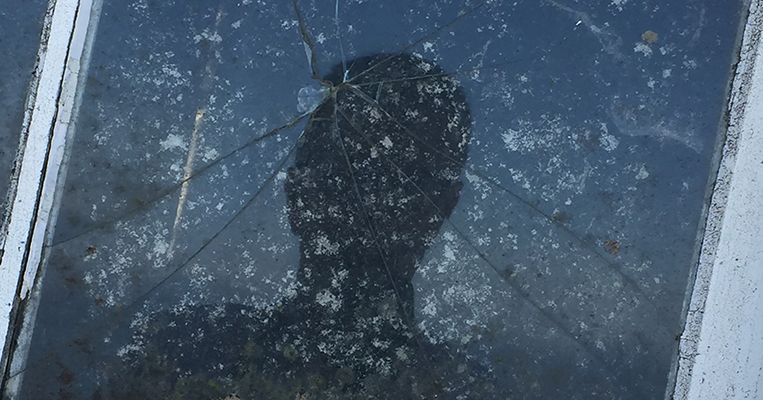
Loneliness is reaching epidemic proportions, according to almost everyone asked, including respondents to numerous evidence-based studies. The lack of meaningful relationships is a human condition which adversely affects both young and old.
By “meaningful,” researchers explain such relationships as those which make people feel known and understood. One out of two Americans feel lonely, thus are lonely, researchers state.
LONELINESS IS SICKENING
Loneliness shortens a person’s life by 15 years, a 2010 Brigham Young University study reported. This startling finding matches the negative impact of being severely obese or smoking 15 cigarettes a day. Lonely people also suffer from insomnia, depression and drug abuse.
YOUNG AND LONELY: Notably, loneliness seems to be age related. Individuals ages 18-37 scored highest on the loneliness scale. Contributing factors include the facts that Americans are getting married and having children later in life. Not being part of a traditional office-place workforce likely also plays a role. Freelancers and gig economy workers reported higher levels of loneliness.
“Despite seemingly infinite opportunities to connect online,” observes the “Briefing” on the epidemic of loneliness by The Week (1-11-19), “social media may actually be making the problem worse.” The endless stream of photos and comments about family, friends and gatherings may increase feelings of being left out.
OLD AND LONELY: Social networks are shrinking, reportedly by one-third in recent decades. For older adults, particularly boomers, the reasons include having fewer children and higher rates of divorce than their parents’ generation. Also, there’s the irony that living longer creates loneliness as numbers of friends shrink and outside mobility becomes restrictive.
Beyond the obvious contributors, there are subtle, arguably more harmful factors to achieving healthy, purposeful longevity. Many older adults suffer from the perceived (and real) lack of empathy perpetuated by the dissociative “us” and “them” viewpoint of younger generations. Social disconnection can lead to lower self-esteem, isolation and depression.
Then there’s the sticky issue shaped by the 9 out of 10 older adults who prefer to age in their own homes. Between 25-50 percent of people 85-and-older live at home alone, according to the Pew Research Center. The desire for familiarity and independence needs to be challenged when it jeopardizes an individual’s socialization and health.
MAKING AGELESS CONNECTIONS
Easier said than done, but it would be good, for individuals and society, to look at intergenerational solutions to loneliness. There are plenty of opportunities for younger and older individuals who feel isolated to connect. They just require progressive restructuring and thinking about sharing workplaces, schools, living situations, places of worship, parks and playgrounds, coffee shops … in other words, take advantage of anywhere healthy connections can be made.







I glad Mom has built in friends at the Commons.
Hmm … the Comments section on last week’s post, which called out the actions of tech giants Facebook and Google, was curiously disabled. I suppose it would be a humblebrag to imply a conspiracy, but still … At any rate, apologies for the inconvenience. (If compelled, feel free to comment here and reference the “BRAIN ROBBERS” essay.) — Humble Sky
Just thinking about this in relationship to Austism. People that seem to need very little in the way of personal contact but don’t have the skill set to get even their limited needs met. Tough situation.
In relation to last week’s article, I am always a little “freaked” when I look up anything on the internet and related ads IMMEDIATELY appear on my Facebook.
Always good to keep this dreaded “disease” at the forefront.